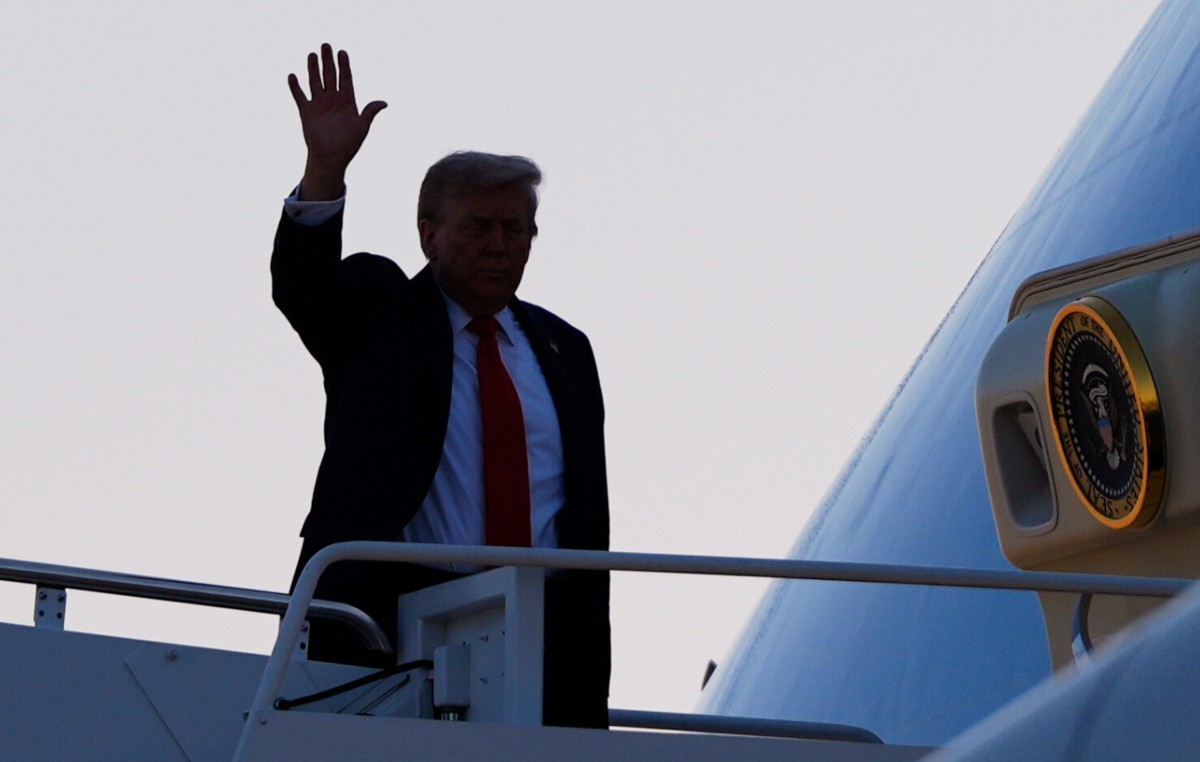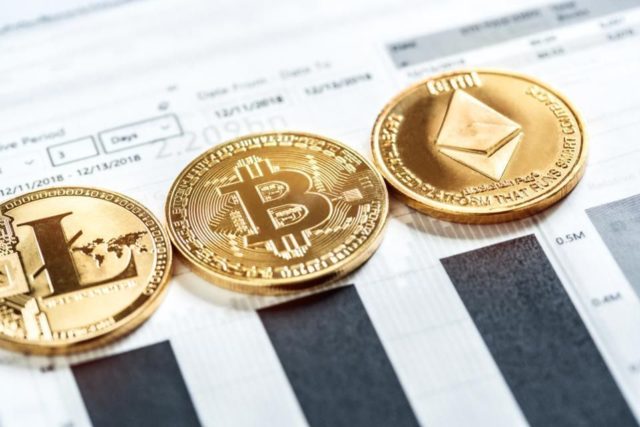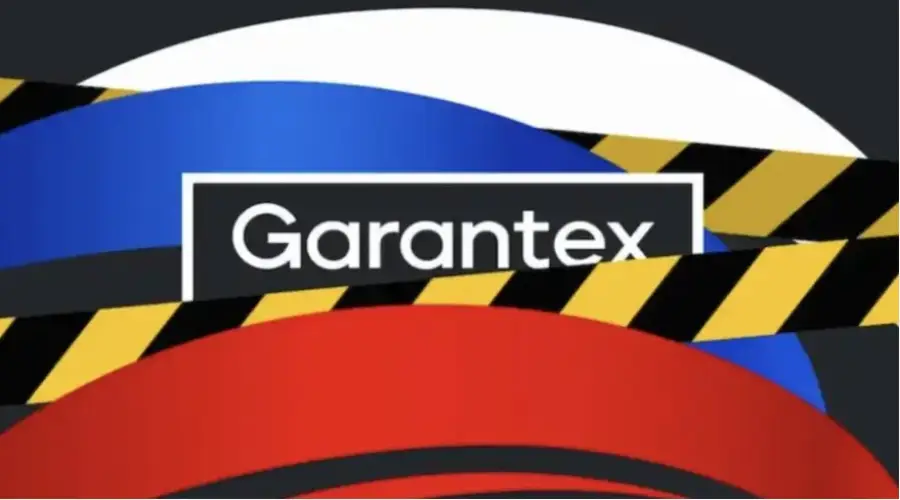American and Russian astronauts will share space aboard the same spacecraft after NASA and its Russian counterpart Roscosmos reached a ride-sharing agreement on Friday after months of discussions.
Two seats on two separate launches of the Russian Soyuz spacecraft have been reserved for NASA astronauts, with the first scheduled to lift off from the Russian Cosmodrome in Kazakhstan in September.
Russian cosmonauts will join at least two future SpaceX missions to the International Space Station (ISS), marking the first time a Russian will board one of the new Crew Dragon spacecraft.
NASA assigned astronaut Frank Rubio to the Soyuz mission in September, and astronaut Loral O’Hara will join a later flight. Roscosmos is putting cosmonaut Anna Kikina on the SpaceX flight in September, and Andrei Fedyaev will fly another mission in spring 2023.
The seat swap deal, which does not involve any exchange of payments between the countries, had been under discussion for months amid rising tensions between the United States and Russia over the Ukraine war.
NASA has repeatedly said that the tensions have not affected the countries’ cooperation in space, although the ISS – operated jointly by NASA, Roscosmos and several other space agencies – has become the subject of political and bellicose rhetoric.
Dmitry Rogozin, who was replaced as head of Roscosmos on Friday, has threatened to withdraw Russian cooperation from the ISS entirely.
Signing a seat-sharing agreement with Russia was crucial to ensuring “continuous safe operations” of the ISS, NASA said.
“The Station was designed to be interdependent and depends on the contributions of each space agency to function. No agency has the ability to function independently of the others”, says the American space agency.
These seat-sharing arrangements have been common throughout the ISS’s two-decade history. After NASA retired the space shuttle program in 2011, for example, American astronauts relied completely on the Soyuz for access to the Station. This dependency ended after an agreement with Spacex.
Source: CNN Brasil
I’m James Harper, a highly experienced and accomplished news writer for World Stock Market. I have been writing in the Politics section of the website for over five years, providing readers with up-to-date and insightful information about current events in politics. My work is widely read and respected by many industry professionals as well as laymen.







